The Punk Rock Movie - Special Widescreen Edition
THE ONE MINUTE REVIEW
Don Letts, the man credited with introducing reggae to punk by DJ-ing between sets at The Roxy in '76-'77, is responsible for this veritable punk-soaking experience. Essentially a disjointed collage of shaky Super-8 footage, there is no doubt that Lett's 'access all areas' , no holds barred documentary is the real deal. If you can stay with it for the full 90 minutes, despite its poor quality soundtrack and often sub-standard footage, you will certainly get a good feel for what Punk was all about. More a historic archive than a movie, it's nonetheless an impressive piece. And if the narration-free format doesn't float your boat, then a first-class audio commentary might provide the back-ground that will make it all worthwhile. Essential.
THE COFFEE BREAK REVIEW
I was 16 when Punk became pretty much mainstream. First on the radar were The Damned with their raw, incendiary take on psychedelic garage rock,, swiftly followed by The Stranglers, The Jam, The Clash and, perhaps most significantly, The Sex Pistols.
During the summer of 1976, a long hot summer, free from rain and a year where half of the UK were out on strike - culminating in mountains of fly infested, uncollected rubbish in the streets, something just had to happen. Hints of what was to come drifted over from the US providing an essential counter-point to the increasingly overblown and dull soft rock being churned out by the likes of Peter Frampton, Supertramp and The Eagles - as well as nearly a decade of smug, often pompous prog-rock. Even soul music had got its tough edges smoothed out as it transmogrified into string-laden disco. So US acts like Patti Smith ('p*** Factory'), The Ramones, The Dead Boys, The Stooges and several others who preceded the UK scene by a good couple of years set the context for what was to follow. (All neatly collected on that 'New Wave' LP with the red cover that everyone I knew eventually owned).
And then came the Brits. A snarling, energy fuelled explosion that took all the cool of the US version and added a twisted, cynical anger that screamed 'we ain't gonna take it anymore!'. It was a pivotal moment for many of us - and it continues to shape my musical views to this day.
Director Don Letts, who was responsible for the Channel 4 documentary 'Punk Attitude' last year, was there at the start. But unlike so many others in the scene at the time, he had the good sense to use an 8mm film camera to capture this brightly burning fire before it extinguished some 12 months later when it was adopted by countless late-comers who smoothed out its edges before taking all the fun out of it completely.
Arguably Letts was also responsible for the seemingly awkward marriage between punk and reggae which, against all likelihood proved to be a blissfully happy one.( I owe the man a debt on this as if it hadn't been for The Clash's covers of 'Pressure Drop', 'Police and Thieves', 'Bankrobber' and the mighty 'Armagideon Time', I probably would never have developed my life-long love of reggae which continues to this day.) Letts had DJ'd between sets at early Punk gigs (well, no punk records were available) playing a mix of laid back dub and rocksteady standards.
Though the compilation of this shaky 8mm footage (falsely described as 35mm in much of the publicity surrounding this movie) didn't emerge until 1978, it found a broad audience of late adopters and is now seen as the ultimate historic diary of this period. The film is full of fly on the wall realism and there are certainly some classic moments - such as The Sex Pistols at The Roxy, The Clash sitting aboard a tour bus, Punk fans larking about, some fairly explicit drug-taking - and a whole host of lesser known acts mingled with those that broke through to the mainstream. (Souixie and the Banshees vs less well revered Slaughter and the Dogs for example).
The resulting collage is a feast of wobbly, often out of focus footage, with the most appallingly recorded soundtrack rendering the performances almost unlistenable. But somehow it works. There is no voice-over, no dialogue, no real chronology or narrative. It is what it is. But the end results, whilst not impressive by any standard artistic or technical yardstick , are impressive. If you can dedicate 90 minutes of your life to soak in this veritable bath of punk, you will come out of it the otherside with a fairly good idea of what it was all about - free of ponderous explanation.
A nice feature of the disc is that it comes with an audio commentary from the 'producer', who presumably funded the editing of the material, Peter Clifton, who also produced the Led Zeppelin movie 'The Song Remains the Same'. Rather than an aimless diatribe, this is a well constructed, well-thought out and written piece, providing an informative narration throughout. He has an interesting turn of phrase, often full of journalistic superlatives (he describes the Sex Pistols music as music that could 'chill the blood of the establishment' for example). His voice sounds a little like Clive James - curiously monotone, but nicely penned and quickly spoken with a strong Australian accent.
Strangely, Clifton describes the movie as 35mm too but I would definitely argue that fact. Whilst this version is supposedly a 'Special Edition Widescreen Version', it's all a bit of fluff and bluster because all the material originated on home movie Super -8mm. What then happened to it was that it was transferred to 35mm, panned and scanned, for theatrical release. There was no way that Letts had access to 35mm - and if I get the chance for a promised interview I shall ask him personally.
Also included on the disc is an interview with John Lydon (with Clifton in the interviewer seat) from about 1983 when PIL were in full swing. Lasting a full twenty minutes or so, it's a fun and informative interview and it's clear that Lydon respects Clifton, despite the occasional show business sneer.
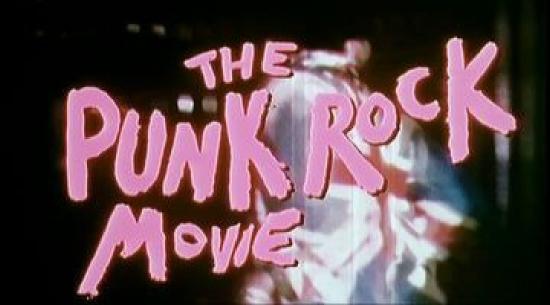
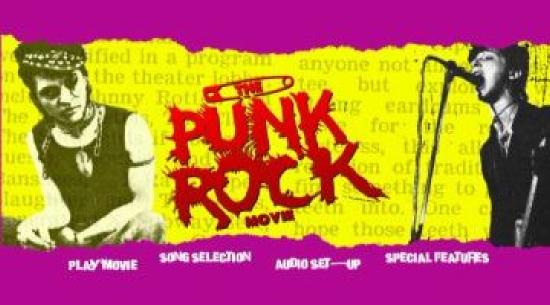
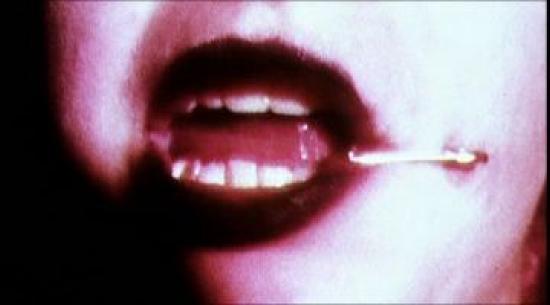
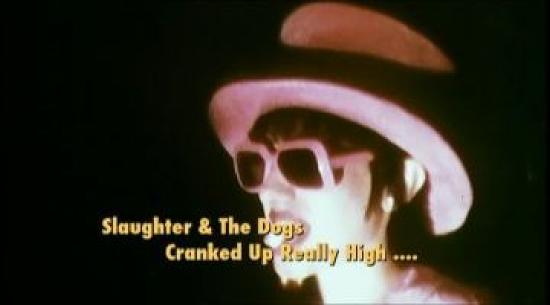
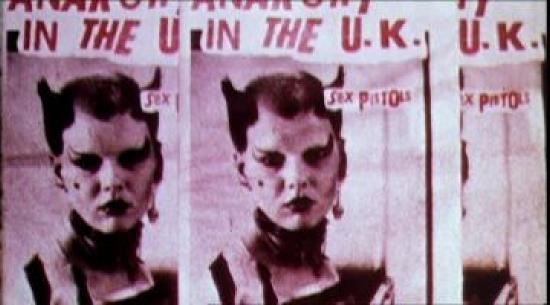
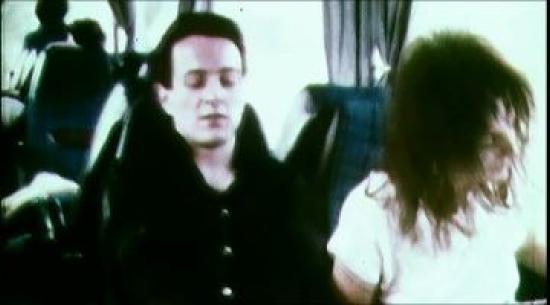
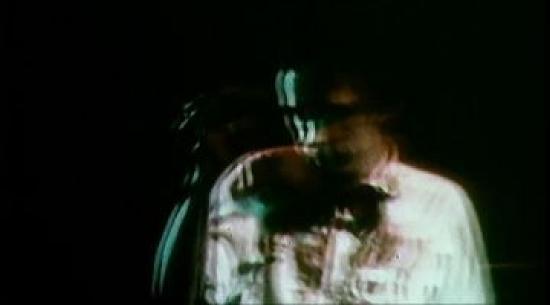
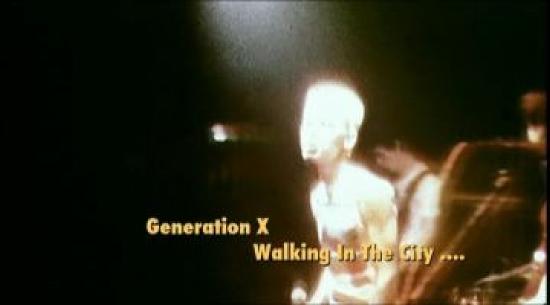
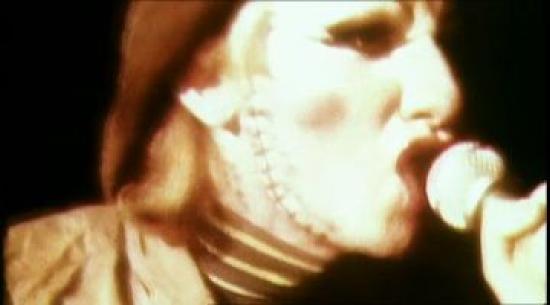
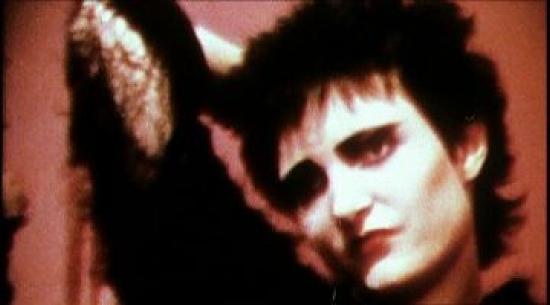
Your Opinions and Comments
Be the first to post a comment!